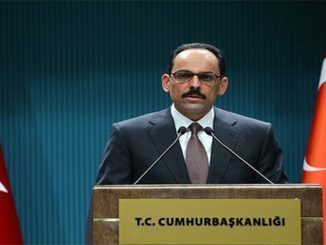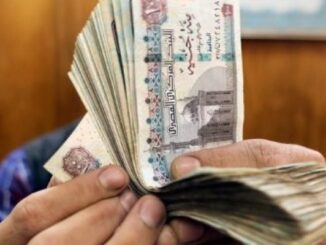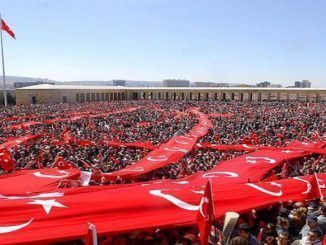
Turkish central bank has announced to open foreign exchange depot market to enhance flexibility and instrument diversity
The bank said that opening forex depot market decision was taken in accordance with the bank’s current monetary and exchange rate policy framework.
“The details regarding the transactions to be conducted via auction method on behalf of the Central Bank of the Republic of Turkey will be announced via data vendors,” the bank said.
Turkish central bank’s recent decision is the last one of a series of measures taken to handle the country’s local currency volatility against foreign currencies.
Last week, bank lowered the borrowing limits of banks to a total of 11 billion Turkish liras (approx. $2.9 billion) in the Interbank Money Market, to support the value of the Turkish lira.
The bank previously cut the reserve requirement ratios for commercial banks’ foreign exchange deposits to provide an additional $1.5 billion to prop up the lira.
Last week it also canceled some repo auctions, aiming to boost the Turkish lira by reducing the amount of local currency circulating in markets.
The U.S. dollar/Turkish lira exchange rate decreased to stand at 3.7680 as of 5 p.m. (1400GMT) Tuesday, compared with 3.7840 in Monday’s closing session.
Turkish lira will recover ıf Central Bank acts immediately: Top Economist Tim Ash
Economist Tim Ash, who has followed Turkey closely for almost two decades, has said the losses in the Turkish Liras are of “great concern” amid broader uncertainty, but the issue can be addressed if the Central Bank moves rapidly.
“The foreign debts of the Turkish private sector have hit $180 billion. These need to be paid over this year. The debtors are the country’s largest businesses and their liquidity is quite high. If the Central Bank takes decisive steps their profits will be slashed but there will be no credit crunch. However, if the Bank is unable to manage the interest rates and the foreign exchange rates in a rational manner, a credit crisis erupts. We do not see any Turkish company facing a failure to meet its financial obligations. But a potential credit crisis would put great pressure on the economy over the next three to five years,” said Ash.
“There is no need to be a rocket scientist. Security concerns and terror attacks may not be resolved easily, but monetary policy can be addressed. Turkey has recently been covered by the foreign media outlet almost every week with a horrible terror attack. I have been closely following the Turkish economy since 2000, but even I have struggled to understand what the July 15 coup attempt was really about. This took much longer for the foreign press,” he added.
“You cannot control some factors, but you can stabilize the parity. The Central Bank is acting quite rationally, but it must immediately remove the uncertainties in the eyes of investors,” Ash said.
“Foreign investors believe the lira will further weaken. The main reason behind this is that the Central Bank’s policies are not seen convincing. Turkish officials could reverse global investors’ feelings about Turkey in 2014. A strong lira will also be good for the Turkish citizens, pushing up domestic demand. In a bid to overcome this confidence crisis, an interest rate hike is needed. The longer the Bank waits to take this step, the higher the rate hike that will eventually be needed. If the Bank hikes rates now, it will send a strong signal to the markets,” Ash said, pointing to the Bank’s upcoming Monetary Policy Meeting and suggesting that the Bank could limit the lira’s loss by making a 100 percentage point rate hike.
“If the Bank, however, waits two more weeks, then maybe we will be talking about a much higher rate hike to boost the lira,” he added.
The U.S. dollar/Turkish lira exchange rate decreased to stand at 3.7680 as of 5 p.m. (1400GMT) Tuesday, compared with 3.7840 in Monday’s closing session.



